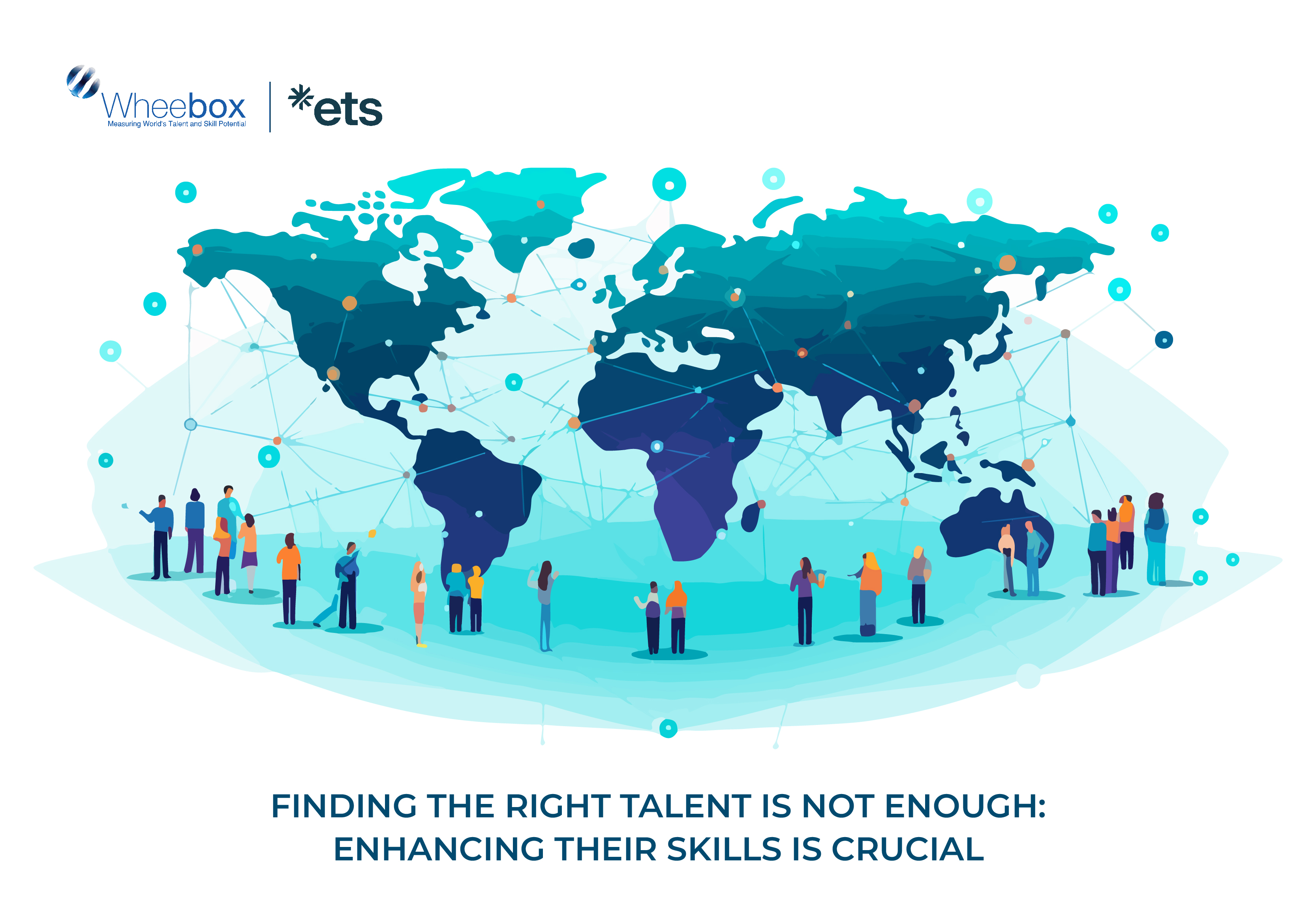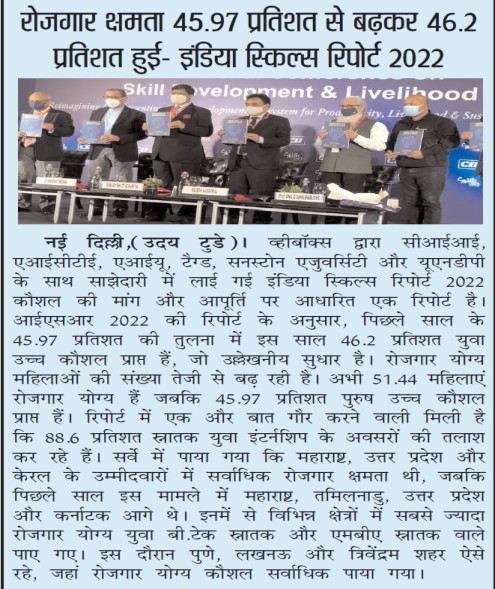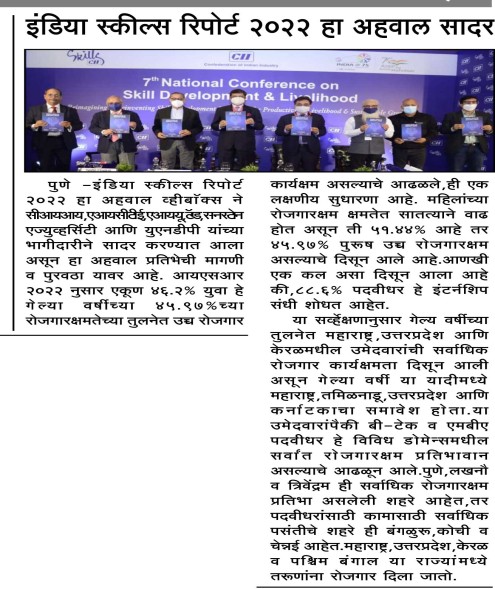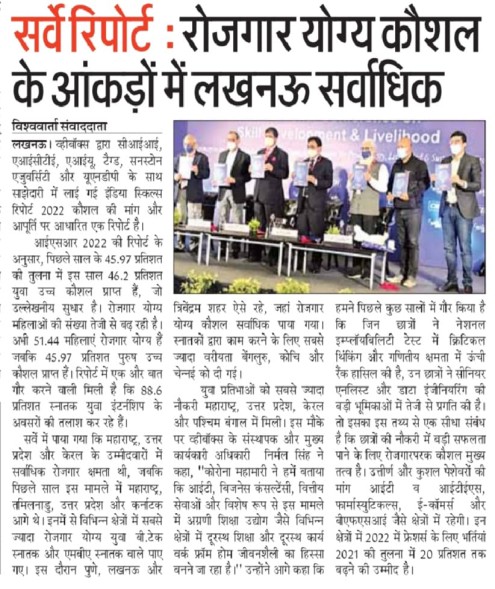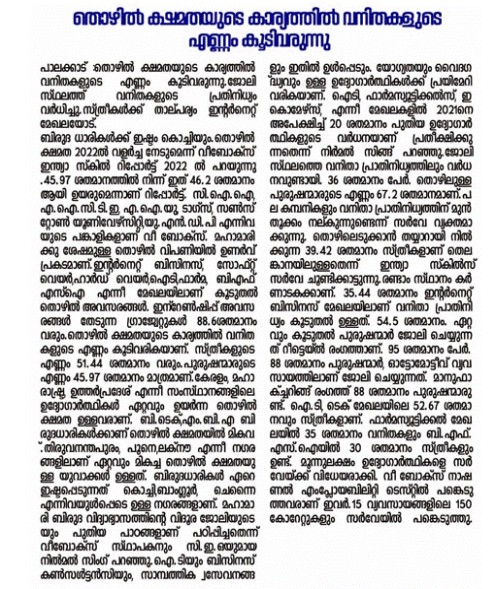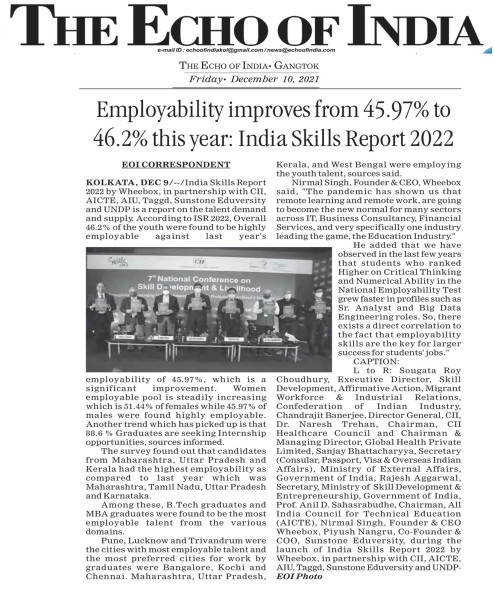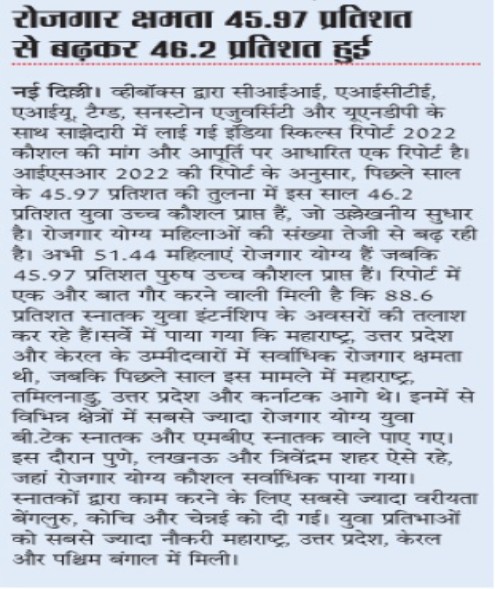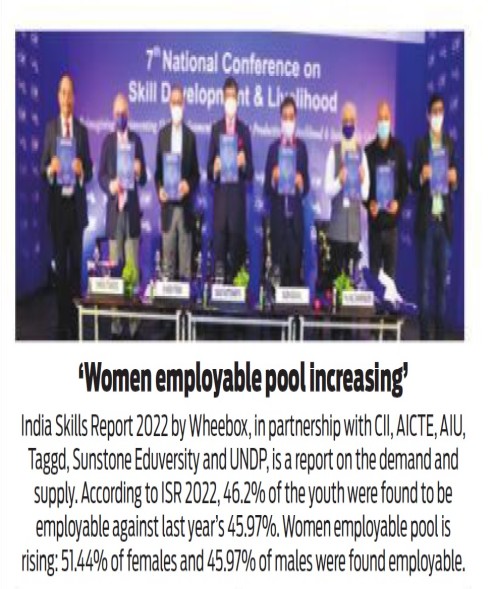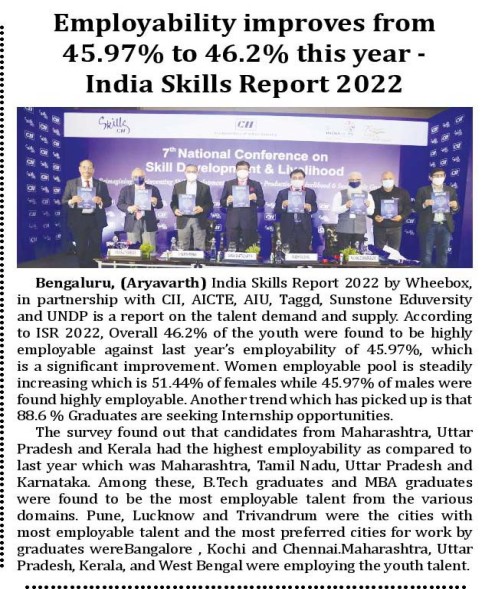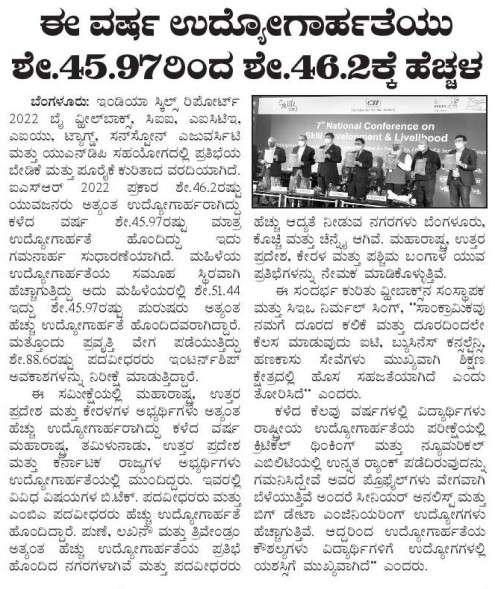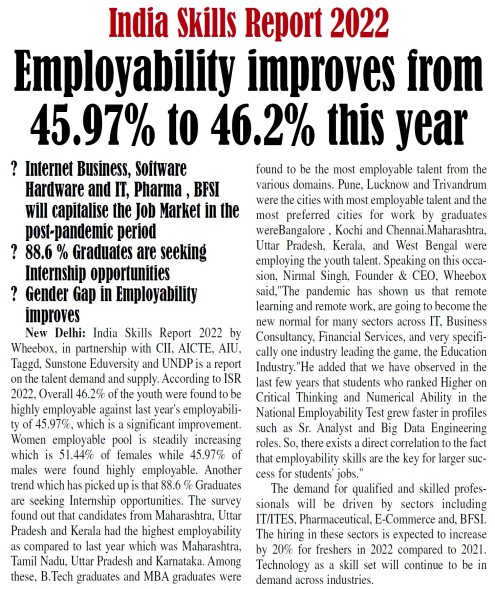Finding the Right Talent is Not Enough: Enhancing Their Skills is Crucial
In today's fast-paced business environment, simply hiring the right talent is not enough. Organizations must focus on enhancing the skills of their workforce to ensure sustained growth and competitive advantage. In this blog, we explore why deploying the right roles, fostering talent mobility, and embracing future skills are essential strategies for organizational success.
How Deployment of Right Roles and Locations Where They Will Succeed and Grow Enhances Organization's Internal Expansion?
Deploying talent in roles and locations where they are likely to succeed and grow is a critical component of internal expansion. When employees are placed in roles that align with their skills and career aspirations, they are more likely to be engaged and productive. This strategic alignment not only boosts individual performance but also supports broader organizational goals, such as market expansion and operational efficiency. By ensuring that talent is positioned in areas where they can make the most impact, organizations can accelerate their growth and strengthen their internal capabilities.
Why Talent Mobility is the Secret to a Productive, Flexible, and Happy Workforce
Talent mobility is a key driver of workforce productivity, flexibility, and satisfaction. When employees have the opportunity to move within the organization, they gain exposure to different roles and challenges, which enhances their skills and career development. This dynamic environment fosters a more engaged and motivated workforce, as employees feel valued and see clear pathways for advancement. Moreover, talent mobility helps organizations adapt to changing business needs and market conditions by quickly redeploying skilled employees where they are most needed.
What Skills Do You Think Will Be Most Important for Professionals in This Industry Over the Next Years? Are Your Current Recruitment and Training Strategies Reflective of These Needs?
As industries evolve, so do the skills required for success. In the coming years, professionals will need to focus on emerging skills such as:
- Functional-Skills or Domain-Skills
- Digital Literacy
- Numerical Understanding, Data Interpretation & Computational Thinking Skills
- Critical-Thinking Skills / Problem Solving Skills
- Behavioral Skills (Soft Skills)
- English Language Proficiency Skills
Organizations must ensure that their recruitment and training strategies are aligned with these future needs. By proactively identifying and developing these skills, companies can stay ahead of industry trends and maintain a competitive edge. Regularly updating training programs and incorporating new learning technologies can help bridge the skills gap and prepare employees for future challenges.
The Employer Perspective: Maximizing the Benefits of Global Mobility
Developing a Strategic Approach via Assessments to Develop Talent Mobility
The Employer Perspective: From an employer's perspective, maximizing the benefits of global mobility involves developing a strategic approach to talent management. This can be achieved through comprehensive assessments that identify skill gaps and career aspirations. Various assessment types, including online skills assessments based on Job role, psychometric tests, 360-degree feedback, and performance evaluations, play a crucial role in this process.
Online assessments can provide real-time insights into employees' competencies, while psychometric assessments offer a deeper understanding of personality traits and cognitive abilities.
By understanding the strengths and development areas of employees through these online assessments, organizations can create targeted mobility plans that align with both business objectives and individual career goals. Strategic talent mobility helps organizations optimize their global workforce, improve operational flexibility, and foster a more dynamic and responsive business environment.
The Employee Perspective: Why They Must Get Skilled Right Now? Future Skills You'll Need
For employees, investing in skill development is crucial to remaining relevant in an evolving job market. Future skills such as artificial intelligence, machine learning, and advanced communication techniques will become increasingly important.
Additionally, employees should focus on acquiring functional or domain-specific Job based-skills that are directly relevant to their field, and develop strong digital literacy to navigate technological advancements. Numerical understanding, data interpretation, and computational thinking skills will be critical as data-driven decision-making becomes more prevalent.
Critical-thinking and problem-solving skills will help employees tackle complex challenges, while behavioral (soft) skills such as adaptability, teamwork, and emotional intelligence will enhance their ability to work effectively in diverse environments. Proficiency in the English language remains essential for global communication and collaboration. Employees who proactively seek to acquire these skills will
not only enhance their career prospects but also contribute more effectively to their organizations. Embracing continuous learning and staying updated with industry trends are essential strategies for career growth and job security.
AI and Future Work: Embracing Transformation
AI-based online assessments are at the forefront of embracing the transformation of future of work by aligning with essential future skills. These assessments when evaluate these skills, ensures that employees are prepared for technological advancements and emerging industry trends.
As they assess key skills such as critical thinking, problem-solving, and behavioral traits, offering a holistic view of each employee's capabilities, it enables organizations to effectively develop their workforce, enhance talent alignment, and maintain a competitive edge in an ever-evolving job market.
By integrating these advanced assessments, organizations can better identify skill gaps, tailor development programs, and adapt to changes swiftly, driving long-term success and innovation.
What India Skills Report Projects
According to the report, 80% of employers in India recognize a significant skills gap among job seekers, underscoring the need for targeted skill development initiatives. This gap is particularly evident in areas such as digital literacy, critical thinking, and data interpretation.
The report suggests that AI-based online assessments are a crucial tool in addressing these challenges. These assessments can evaluate essential future skills, including functional expertise, digital literacy, and advanced problem-solving abilities. By leveraging these tools, organizations can more accurately identify skill gaps and tailor their training programs to meet specific needs.
Read More: https://wheebox.com/india-skills-report.htm
Conclusion
Finding the right talent is just the beginning. To drive sustained success, organizations must focus on enhancing the skills of their workforce through strategic role deployment, talent mobility, and continuous learning.
By aligning recruitment and training strategies with future skill requirements and embracing technological advancements, businesses can build a more agile, productive, and satisfied workforce. In this dynamic environment, investing in skill development is not just an option-it's a necessity for long-term success.
FREQUENTLY ASKED QUESTIONS

